TTU Dr. Jackson Test 1 Horse, Sheep, Goat
1/132
There's no tags or description
Looks like no tags are added yet.
Name | Mastery | Learn | Test | Matching | Spaced | Call with Kai |
|---|
No analytics yet
Send a link to your students to track their progress
133 Terms
Stallion
sexually mature, male horse
Colt
sexually immature, male horse
Mare
sexually mature, female horse
Filly
sexually immature, female horse
Gelding
male horse castrated before reaching sexual maturity
Foal
a young male or female horse until weaned at 4 to 6 months of age
Equine
refers to horses, species name
Jack
Male donkey
Jennet (Jenny)
female donkey
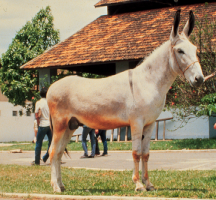
Mule
offspring of a mare mated to a jack
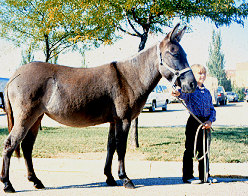
Hinny
offspring of a jenny mated to a stallion
Stud
Place where stallions are housed. Also another name for a stallion “stud horse”
Hand
unit of measurement (4in) for the height of a horse
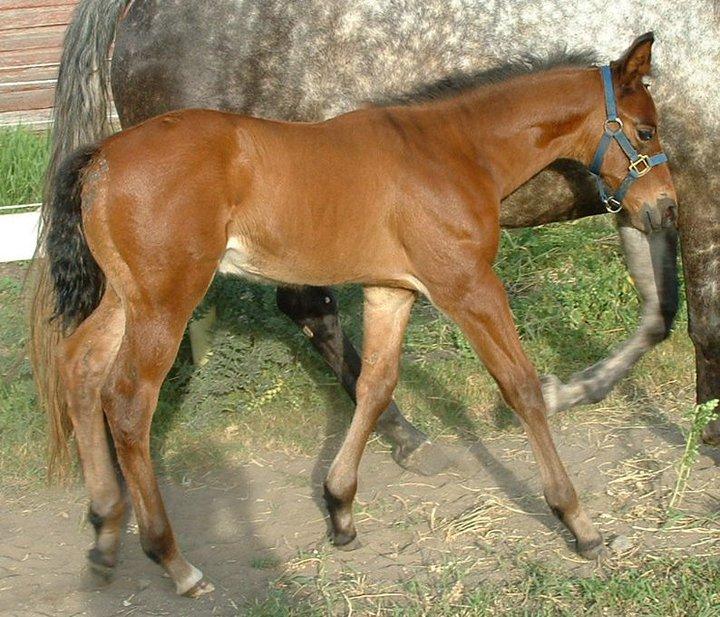
Walk
4-beat lateral gait, slowest
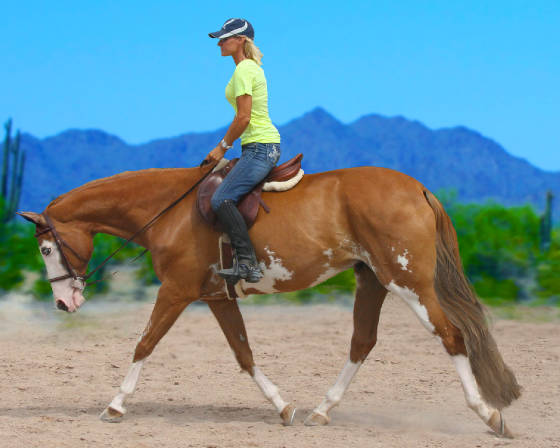
Trot
2 beat diagonal gait in which the paired diagonal feet strike and leave the ground simultaneously. English riding style
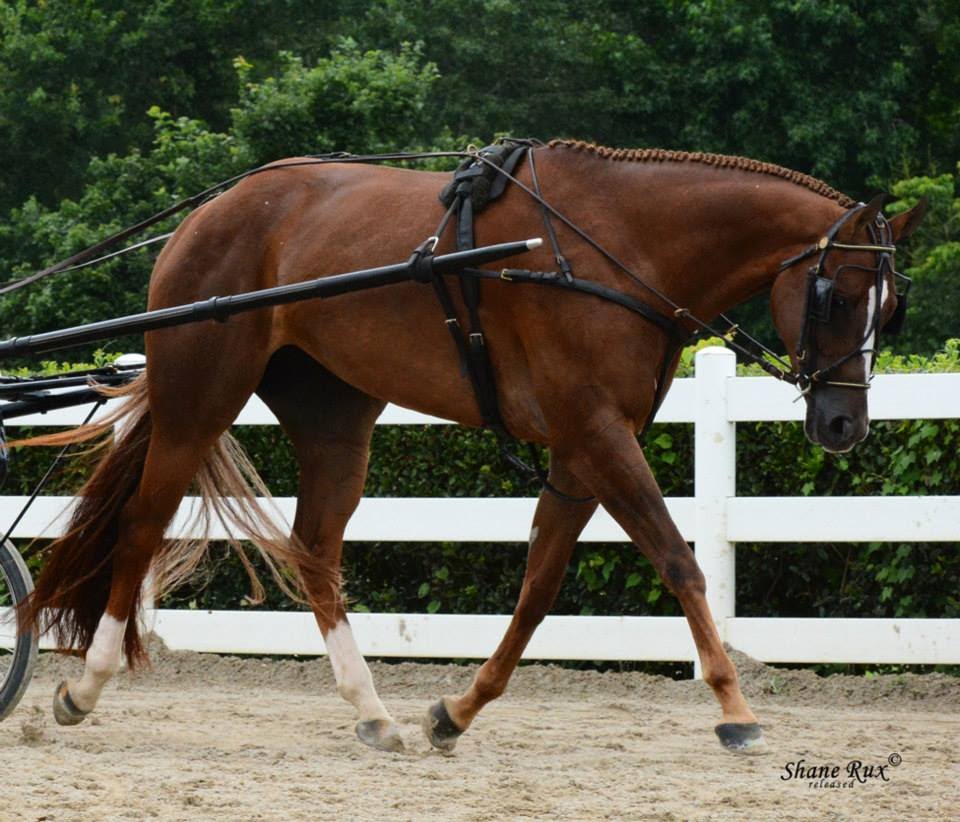
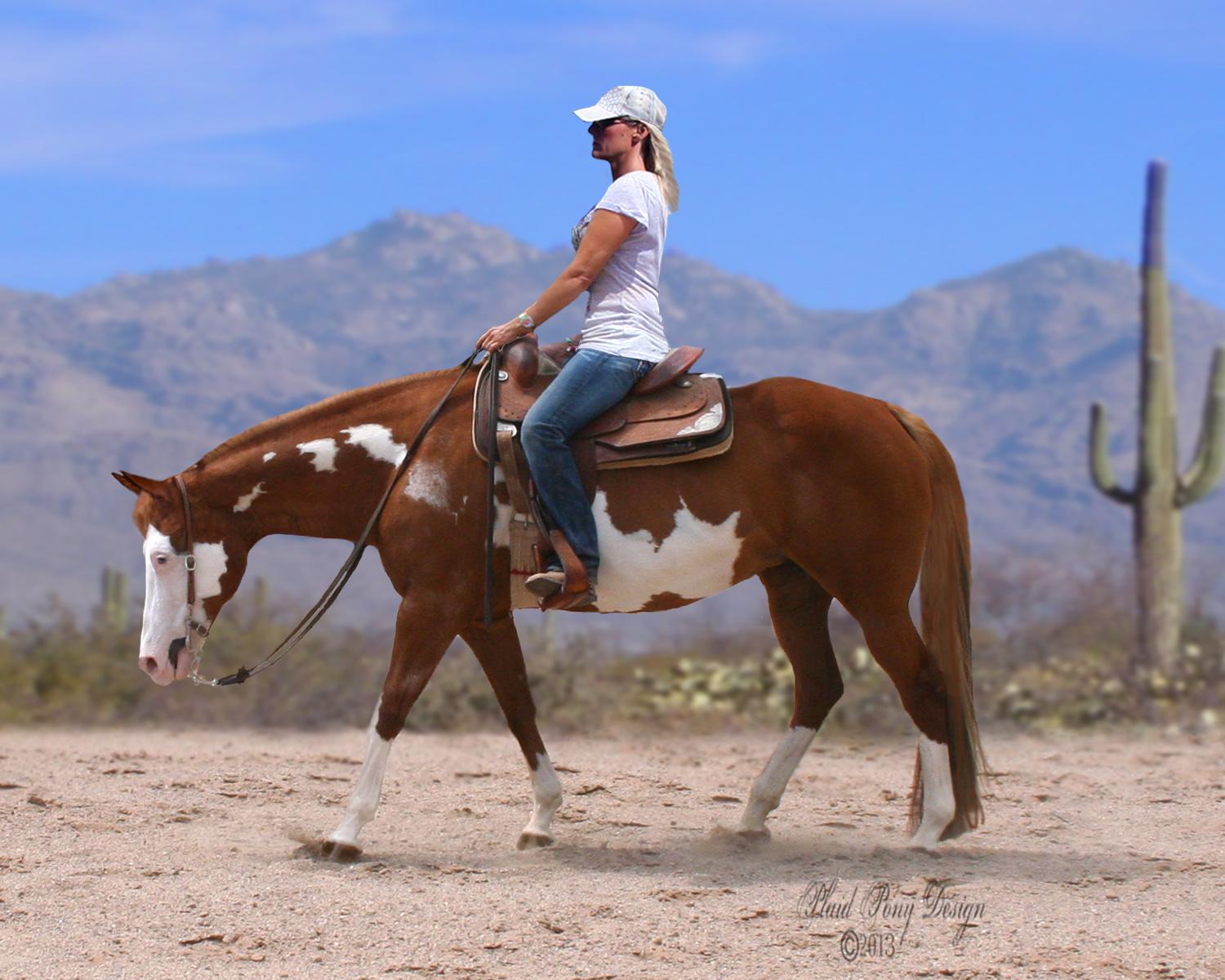
Jog
same as a trot, two beat diagonal gait, but in a western riding style
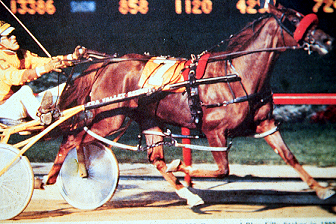
Pace
2 beat lateral gait in which the lateral limbs strike the ground simultaneously (not a good riding style) (not a lot of people want this)
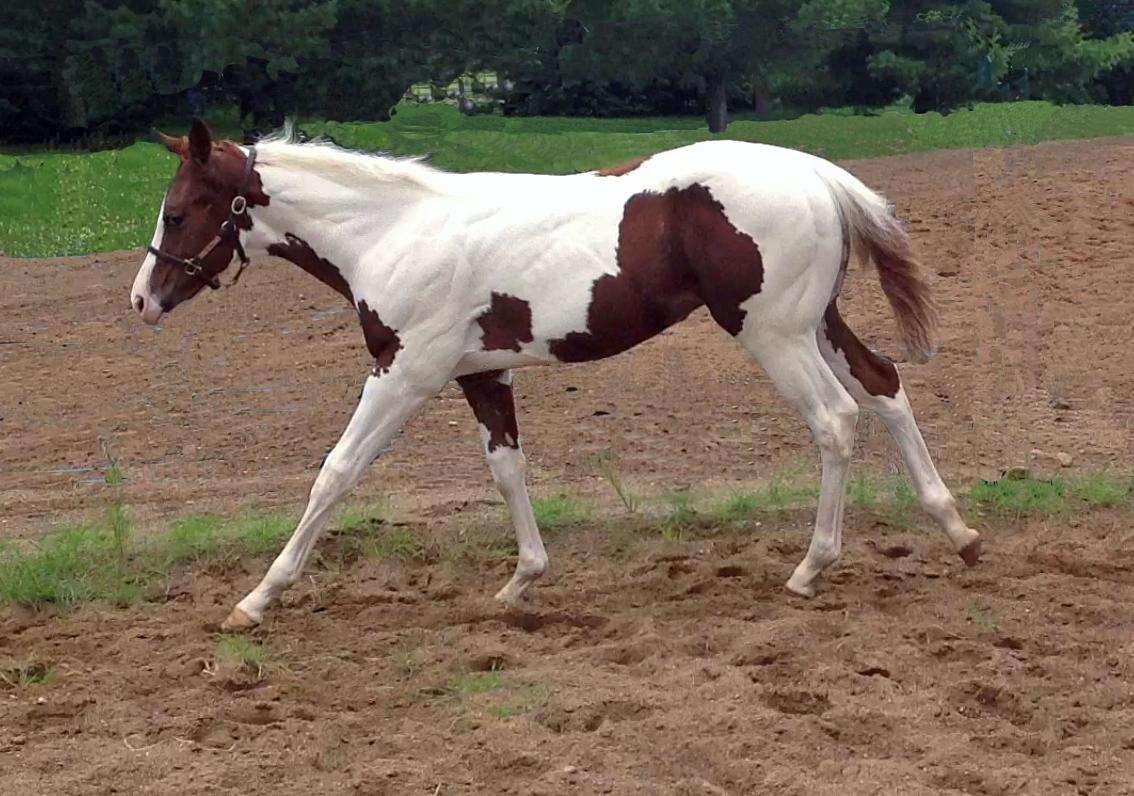
Canter/gallop
3 beat gait in which the first and third beats are made up by two legs striking the ground independently and the second beat is made by two legs striking the ground simultaneously. (English riding style)
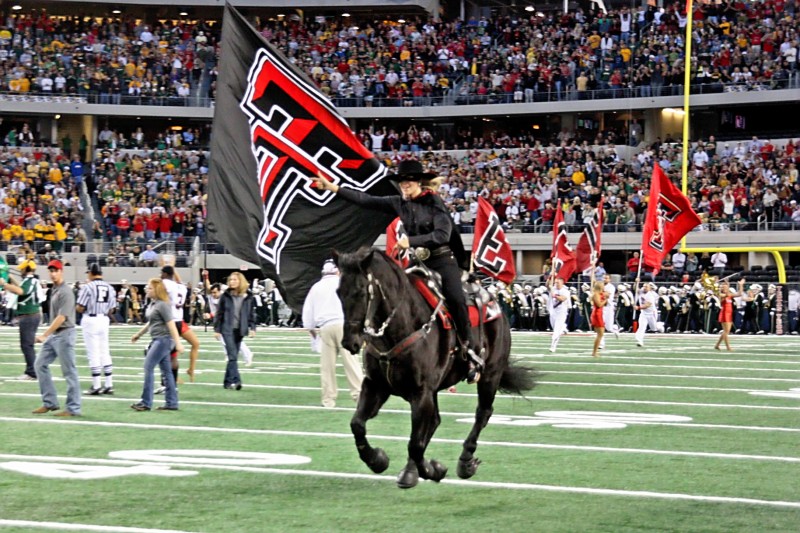
Lope
same as canter, 3 beat gait. (western riding style)
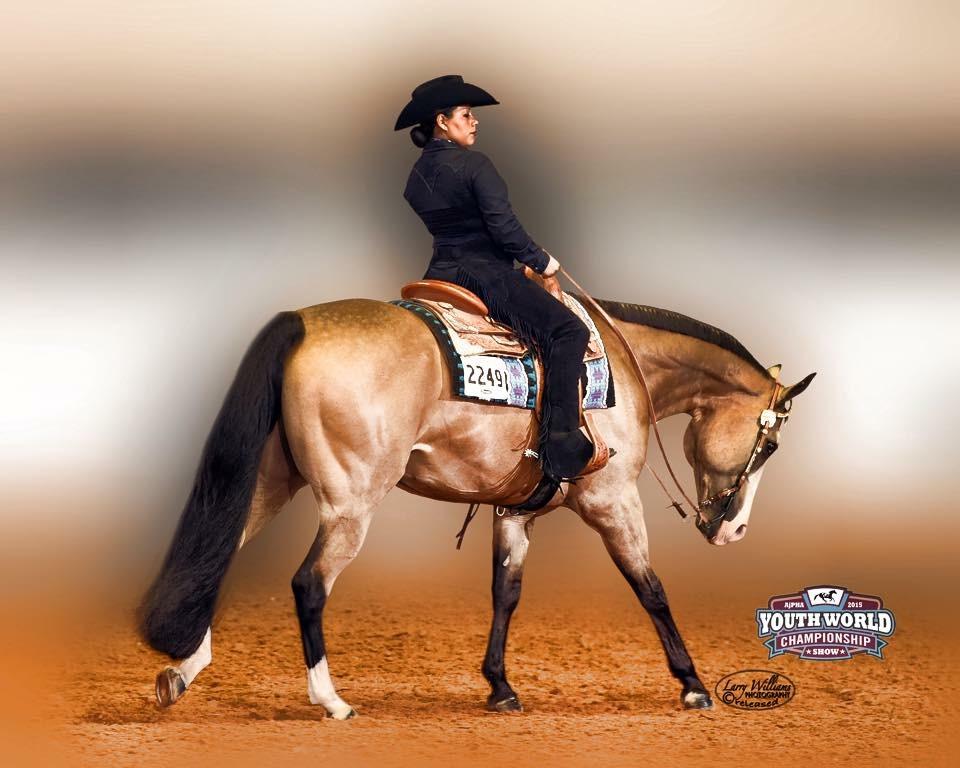
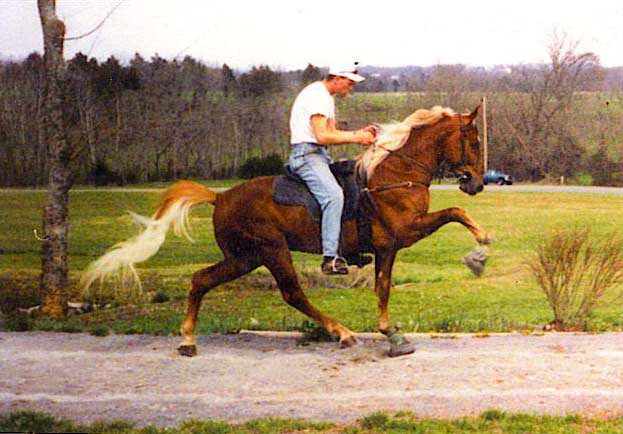
Running walk
fast walk of the Tennessee Walking Horse. $ beat gait that is faster then the ordinary walk. The hind foot oversteps the hoof print of the forefoot by 18 to 50 in.
Light horse breeds
14.2 hands and above, 900-1200 lbs, usually riding breeds
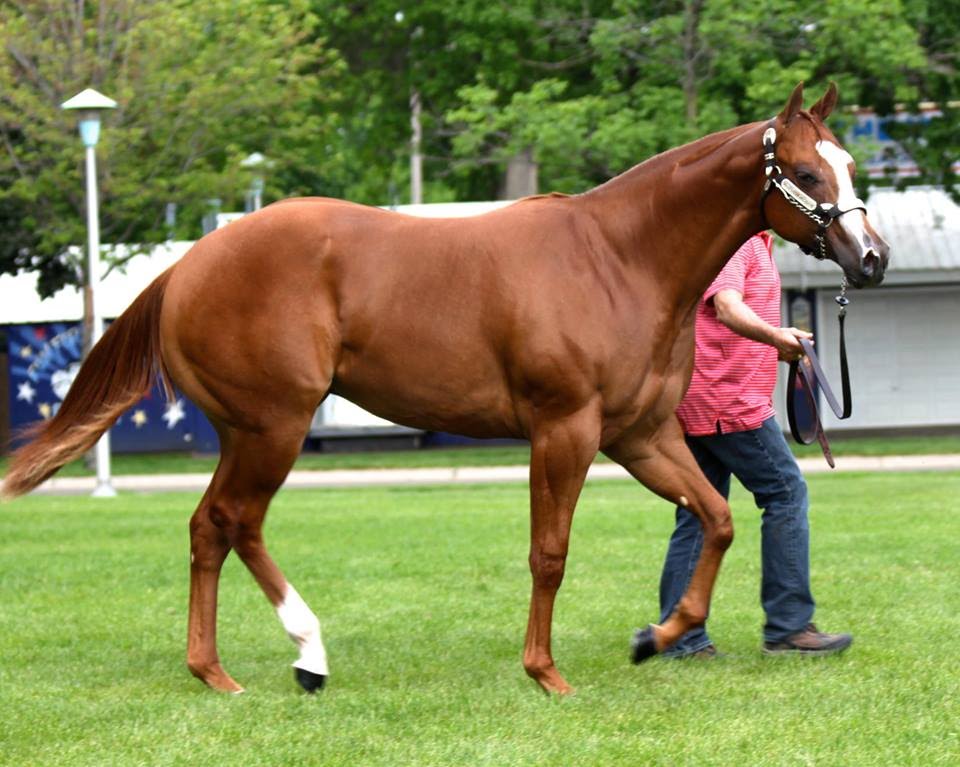
American Quarter Horse
Originated in America during colonial era for short distance racing-very fast for about 20 sec. Most popular breed of horse-2.8 million registered. Primarily a solid color. Heavy muscles, carries tail down, shoulder and neck are at a lower angle (comes out low from shoulder)
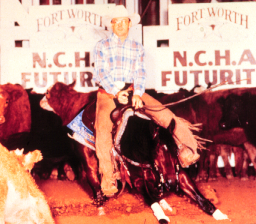
Cutting
Popular sport for American Quarter Horse, some are very agile, good stock horses
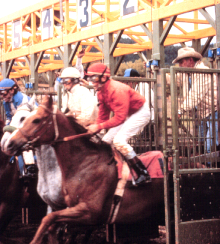
Racing
popular sport for American Quarter Horse, they excel in the Quarter mile race
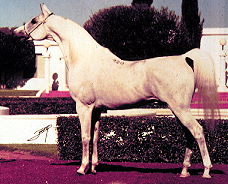
Arabain
Desert horse from Egypt, noted for speed and stamina, big feet, lighter bones, not very muscular. Tail is up, hip is level with the croup, not very muscular, neck has an arch to it, neck is long and out. Alertful, head has a dish appearance
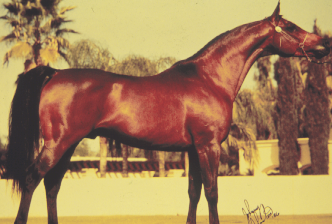
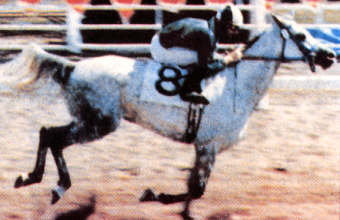
Arabian racing horse
picture to memorize
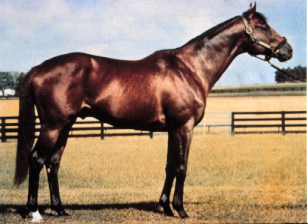
Thoroughbred
Originated in England, has an Arabian background, arrived in America in 1730, known for their speed and endurance, very expensive, Bigger leaner horse, big horse (18 hands), has muscles, tail down, neck up. English type horses. These horses were developed for racing but are no longer used for racing
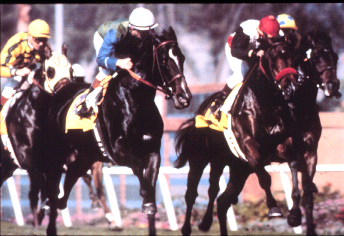
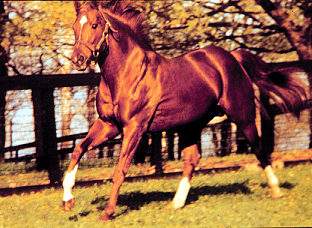
Secretariat
The best racing horse of all time due to his enlarged heart. did not sire a good son
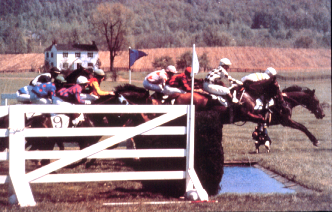
Steeplechase
Thoroughbred racing event for jumping
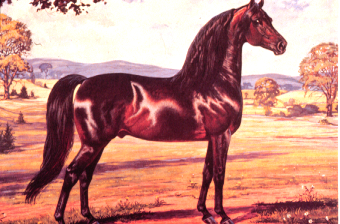
Morgan
Developed by Justin Morgan, 14.1 to 15.1 hands, 1000 to 1200 lbs, developed as a general purpose horse for New England farms. two types- English pleasure and stock. (Thoroughbred and Arabian mix) Upright tail, level croup, long almost up right neck. Does the weird leg thing with his back legs
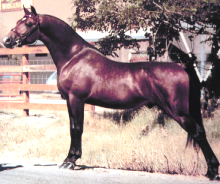
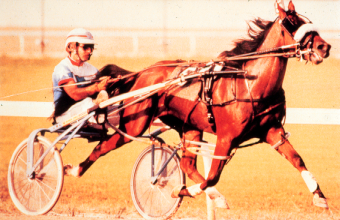
Standardbred
14.2 to 16.2 hands 850 to 1150 lbs, originated in America used for sulky races, used to pull people
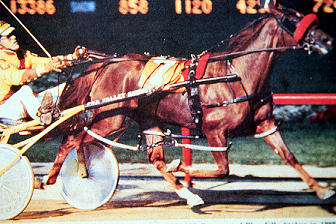
Rack
4 beat gait where the forelegs are brought upward to produce a flashy effect. hindlegs do not overreach the front legs
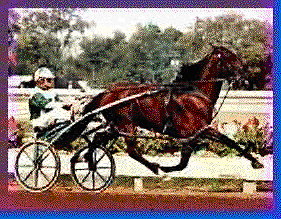
Standardbred photos
photos for standardbred
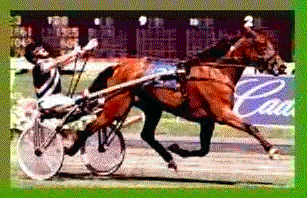
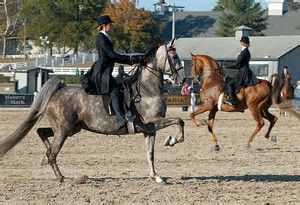
Saddle bred
Also known as the Peacock horse, 15 to 16 hands, developed in Kentucky as a plantation horse. known for ease of riding, used for recreation and showing. Legs bend up and move, hock is lifted, flexible joints, tail up, head up, collected head, slow gait is more animated, rack is fast speed
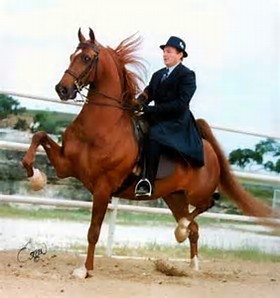
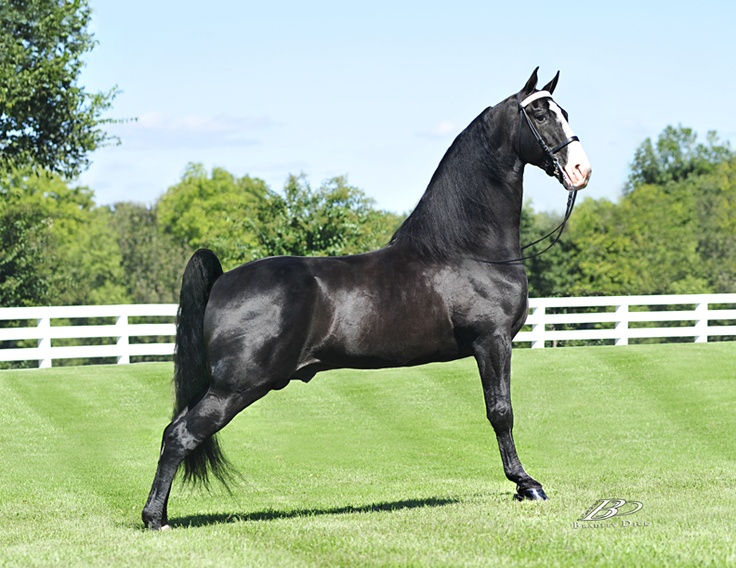
Tennessee Walking Horse
15 to 16 hands, originated in Middle Tennessee Valley as a plantation riding horse. Distinctive characteristics, ability to do the running walk. Standing long (weird leg thing), tail up, rear end is lower than top end, lift up feet high, lot of leg action, they do not trot
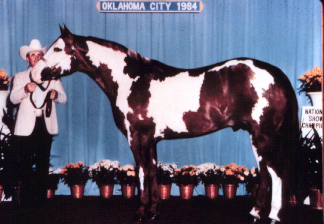
American Paint Horse
Same type and pedigree as Quarter horse, Its basically a Quarter horse with too much white, must have one white spot above the legs larger than a silver dollar. fastest growing breed today
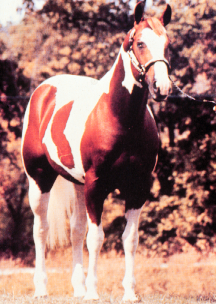
Tobiano
White with regular, oval-shaped colored spots, white crosses the back
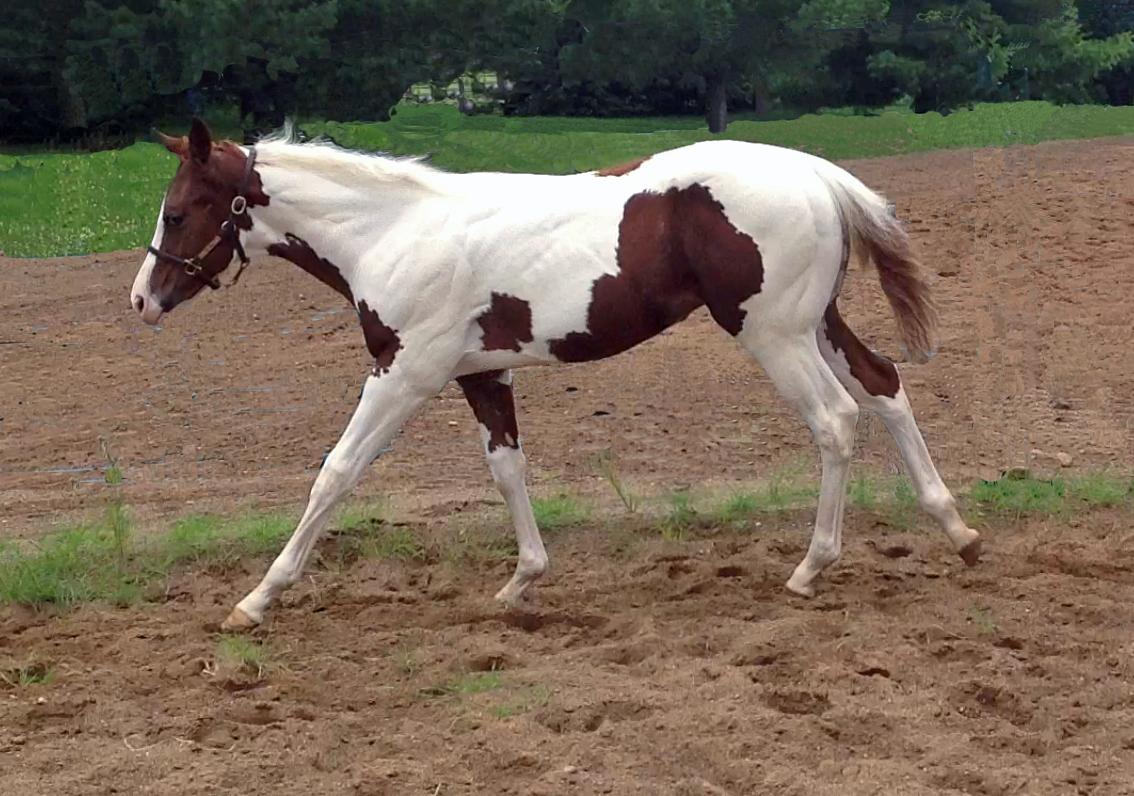
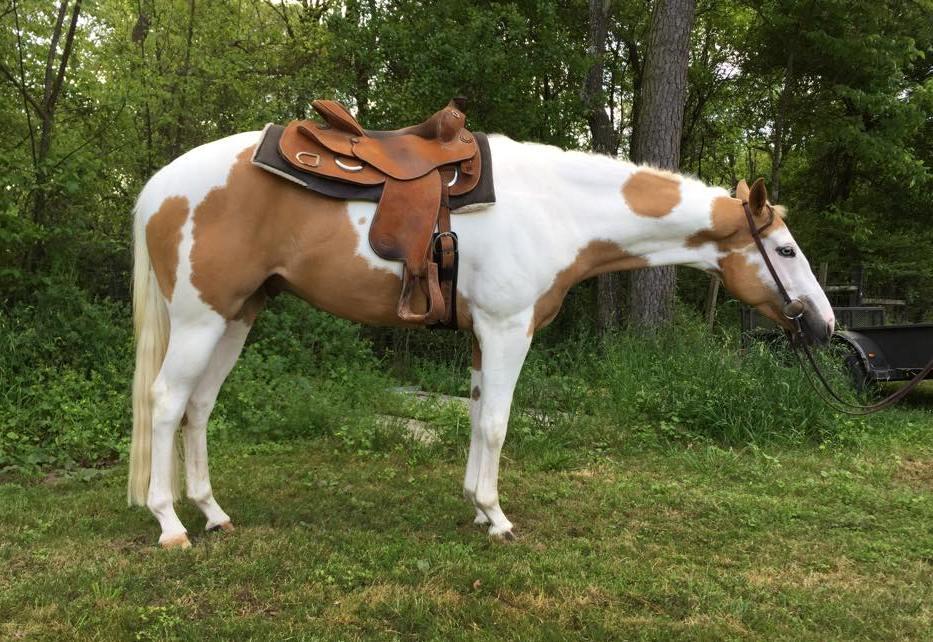
Tovero
Combines both Tobiano and Overo characteristics, has blue eyes
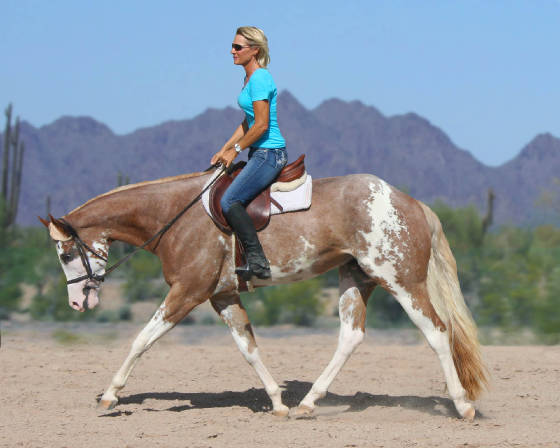
Overo
Colored with irregular white spots white spot do not cross the back at least one leg is colored face is often white
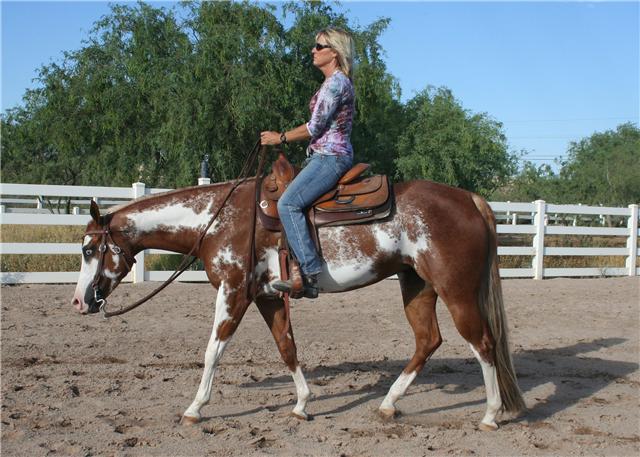
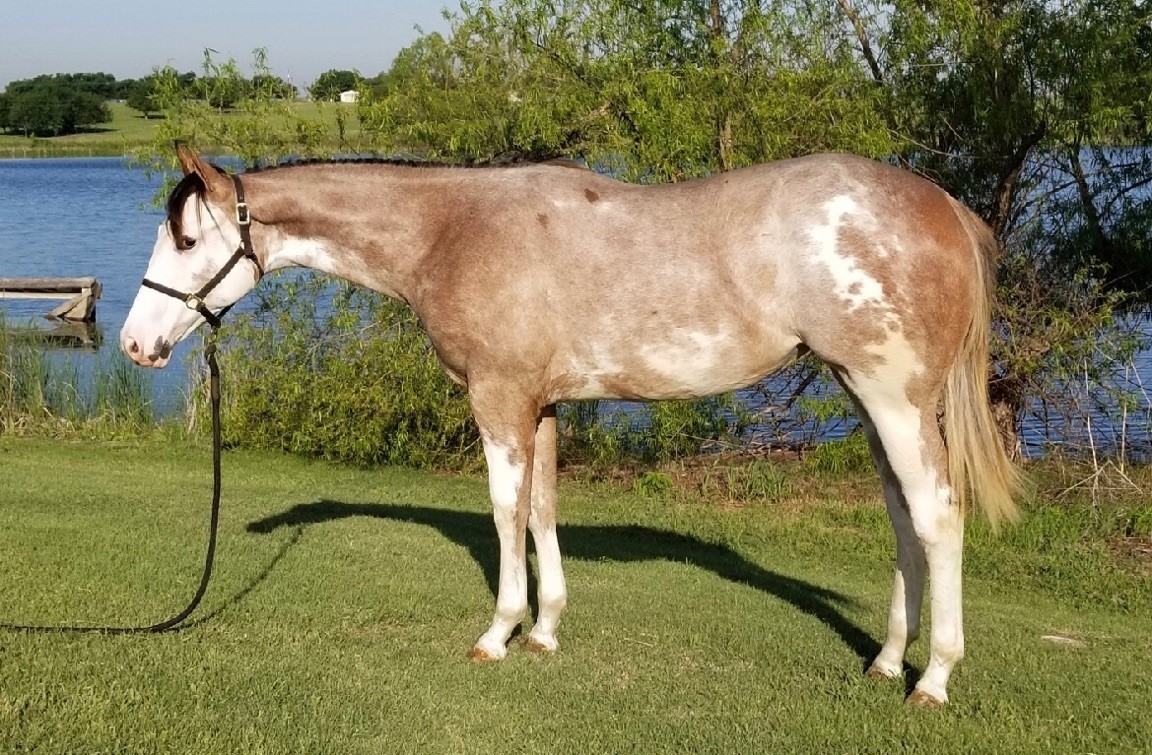
Pinto
Similar color requirements to American Paint Horse, can be any breed type, can be overo, tobiano, tovero, Cannot have any appaloosa or draft blood
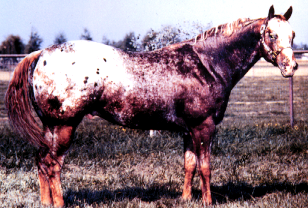
Appaloosa
Have strong quarter horse bloodlines, developed by the Nez Perce Indians in Idaho and Washington, eyes are encircled in white, skin is mottled, hooves are black and white striped vertically
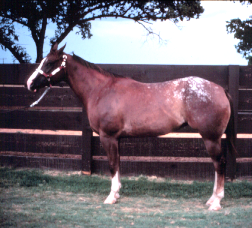
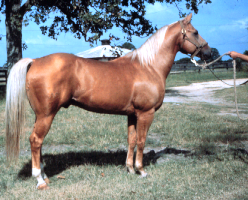
Palomino
Oldest color breed, registry in Tulsa, golden in color with white mane and tail, color near that of a gold coin, skin must be black, dark or mouse colored, must have 15% or fewer dark hairs in the mane and tail
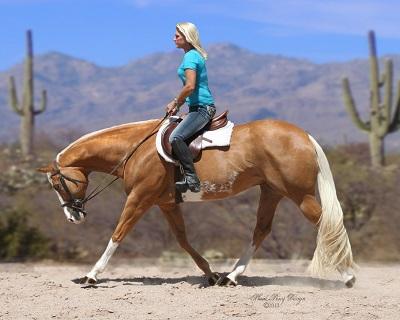
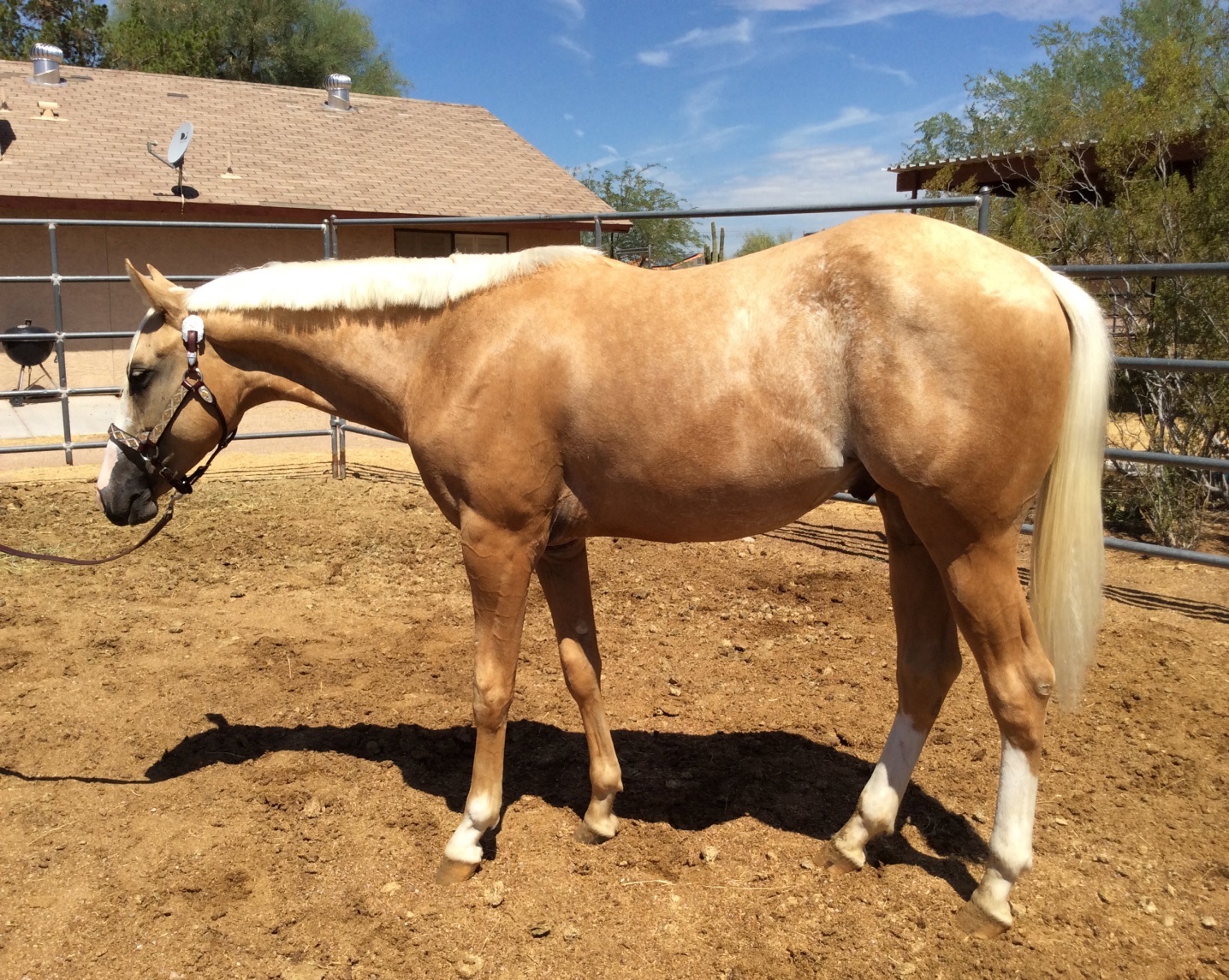
Palomino photo
Palomino Photo
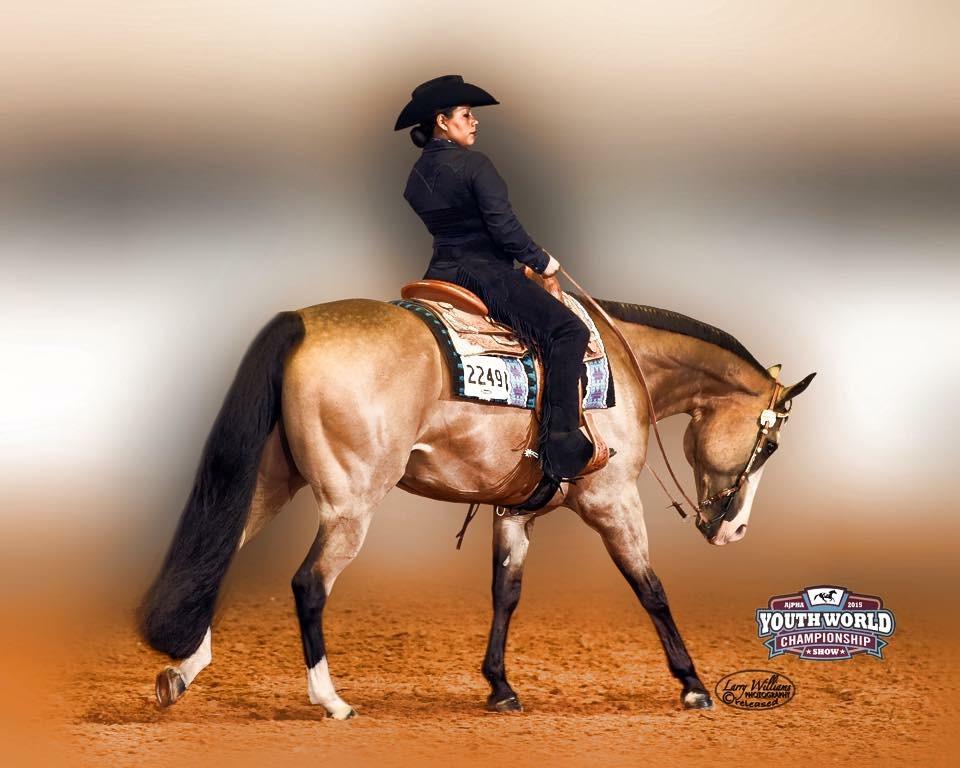
American Buckskin
hair coat of some shade of yellow (gold to nearly brown) with black or brown points
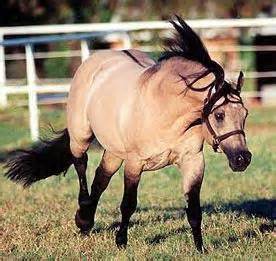
Dun
Type of buckskin with black or red legs, mane and tail, line down the back
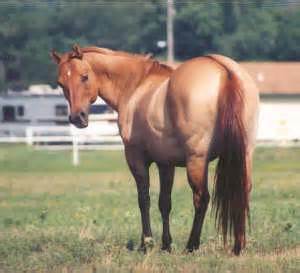
Red dun
Type of buckskin with black or red legs, mane and tail, line down back but red
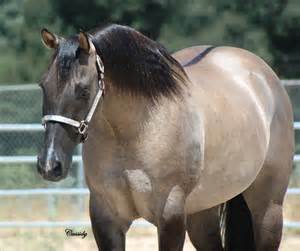
Grulla
Mouse colored buckskin
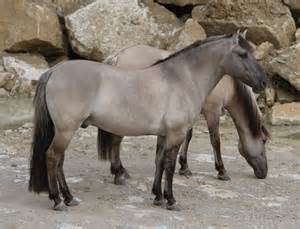
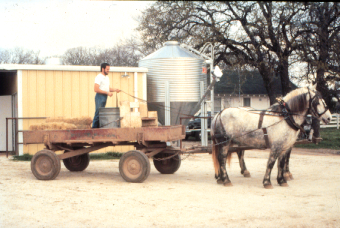
Percheron
Originated in France, predominately black or gray or a combination of both black and gray, no feathering on legs, much knee and hock action. used as a teaser horse, massive neck
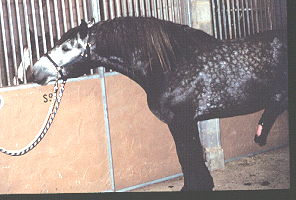
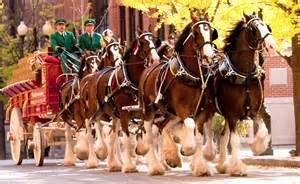
Clydesdale
the Budweiser horse, originated in Scotland, feathered legs-presents disease problems, very animated and flashy, extensive white face and leg markings, sorrel or bay color
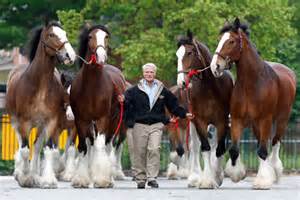
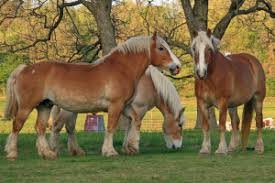
Belgian
originated in Belgium, most massive of the draft horses, known for size and strength, sorrels and roans with flaxen mane and tail
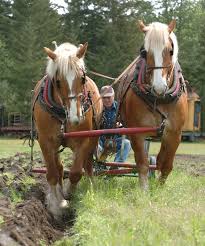
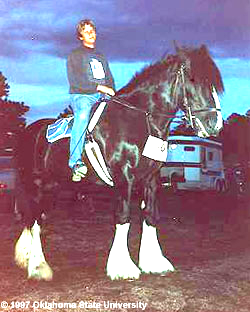
Shire
originated in England, tallest of the draft breeds, usually black but can be bay or brown
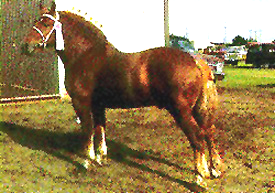
Suffolk
originated in England, chestnut color- only draft breed that breeds completely true for that color
Pony breeds
under 14.1 hands under 800lbs
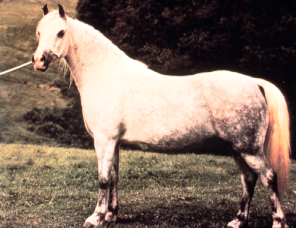
Welsh
originated in Wales, great for children, best ponies, used to work in coal mines, work cattle, pull chariots, serve as postman mounts
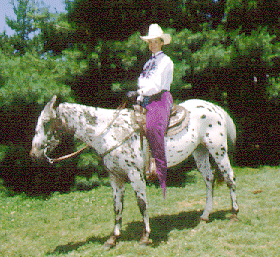
Pony of Americas
developed in Iowa, Shetland stallion bred to Appaloosa mare, must have Appaloosa coloring
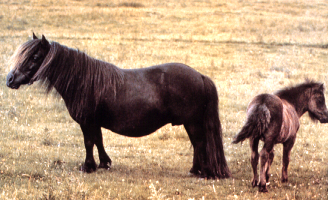
Shetland
11.2 hands max 300 to 400 lbs, originated in Shetland islands, shaggy furry hair coats, short tempered and stubborn
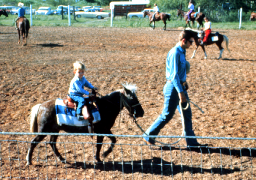
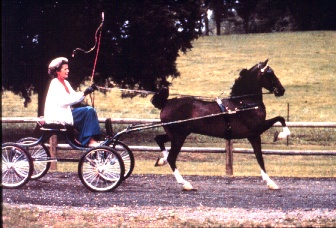
Hackney
Hackney photo
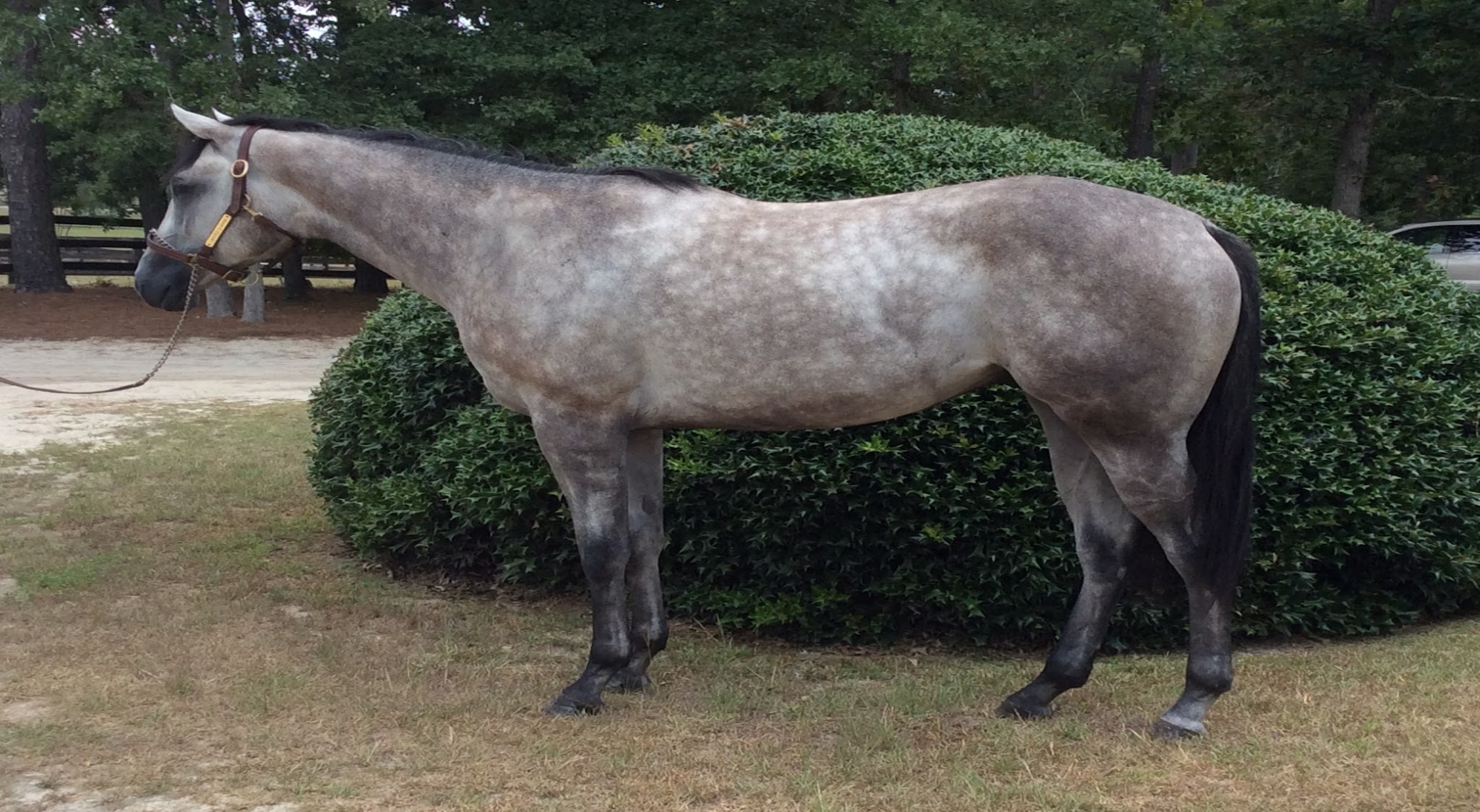
Gray
photo of gray horse
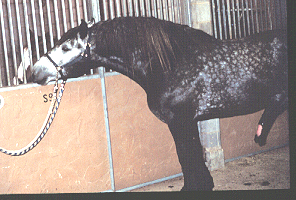
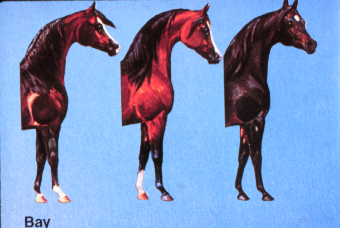
Bay
photo of bay horse
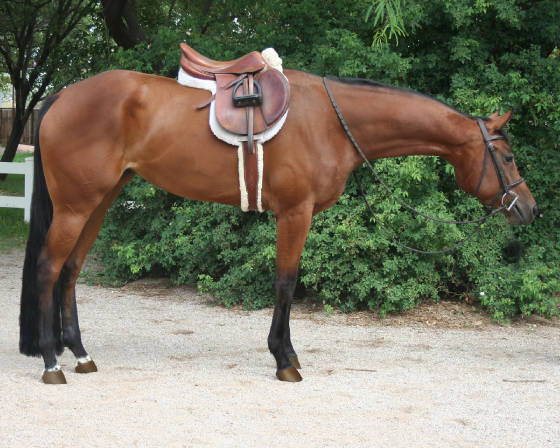
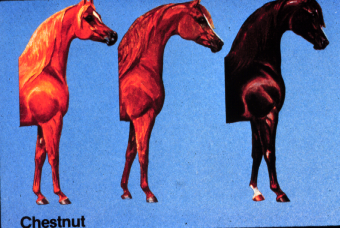
sorrel
picture of a sorrel horse
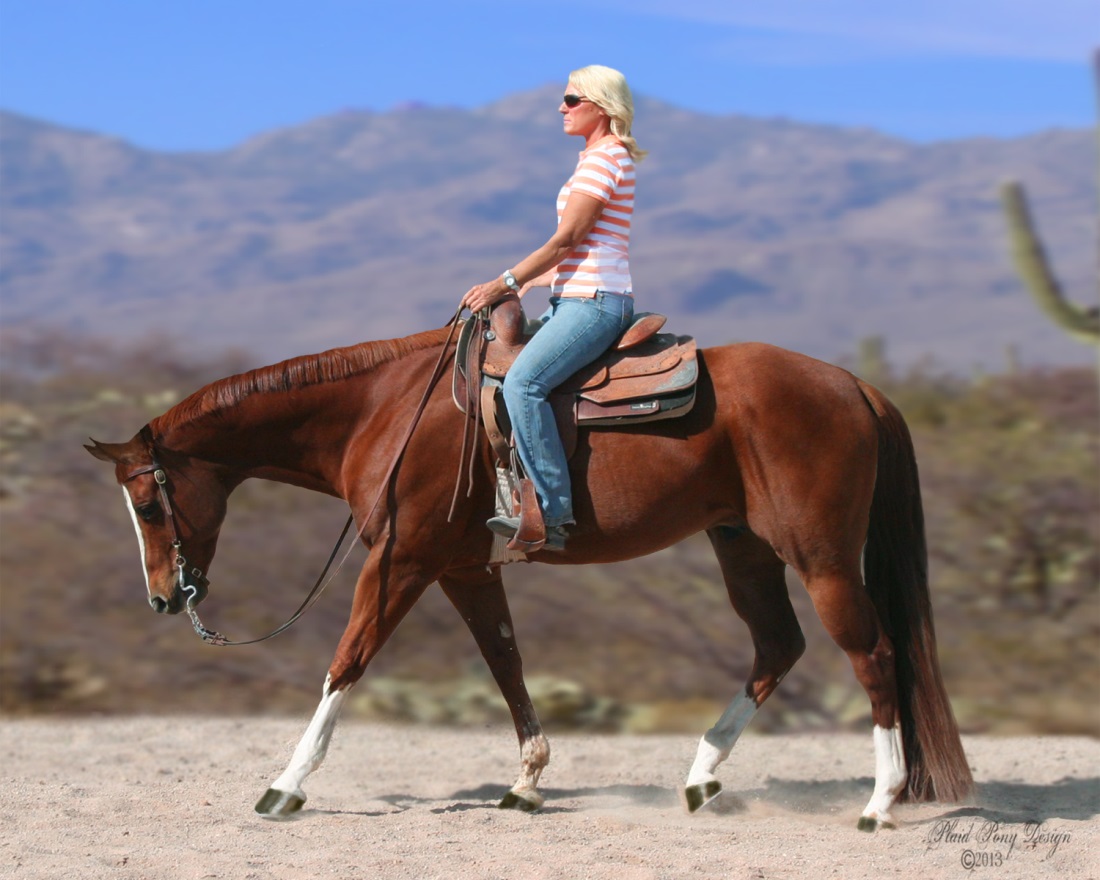
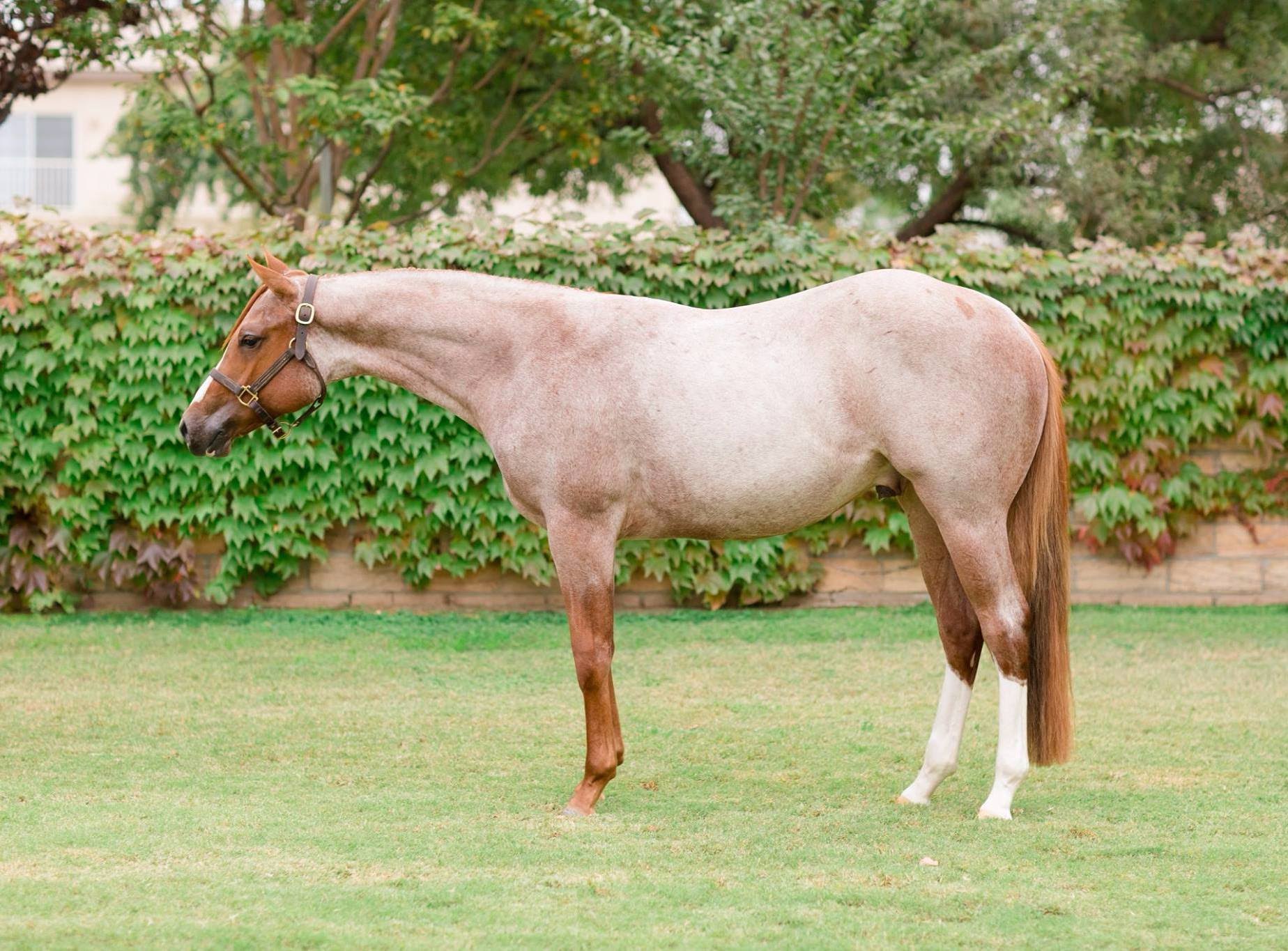
Roan
Picture of a Roan horse
Ram/buck
intact male sheep
Ram lamb
intact male sheep less than 1 yr age
Ewe
female sheep
Ewe lamb
female sheep less than one year age
Lamb
offspring of cheep, less than 1 year of age, also the meat from lambs
Wether
male sheep castrated before reaching sexual maturity
Ovine
species name of sheep
wool
fibers produced by sheep
Flock
a group of sheep
Fleece
wool produced from one sheep
dock
to remove the tail of a sheep. also the area around the tail of a sheep
Mutton
meat obtained from a mature sheep greater than 1 yr of age. must stronger taste flavor than lamb
Lanolin
oily substance obtained from wool that is used in cosmetics and ointments
Economically important traits of sheep
Adaptability, Prolificacy, Growth rate, Carcass merit, Fleece trait
Range
primarily wool type sheep operations
Farm flock
mostly black faced sheep
Purebred
mostly farm flocks, provide rams for commercial producers
Feedlot
Sheep are fed in drylot until they hit slaughter weight, not very popular anymore
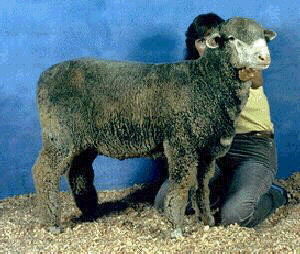
Rambouillet
from France, largest fine wool breed, horned or polled rams, polled ewes, dominate in numbers in the US, 90 to 95 percent of range flocks, and range flocks are about 90 percent of total sheep
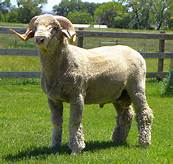
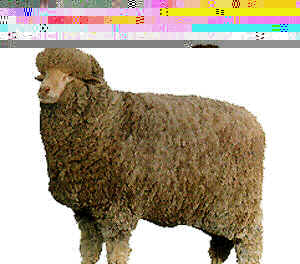
Merino (Delaine)
from spain, major breed in Australia and New Zealand, finest wool, good staple length, heavy grease weight, poor carcasses
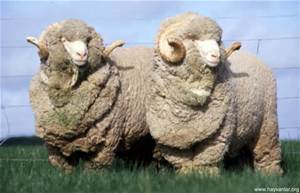
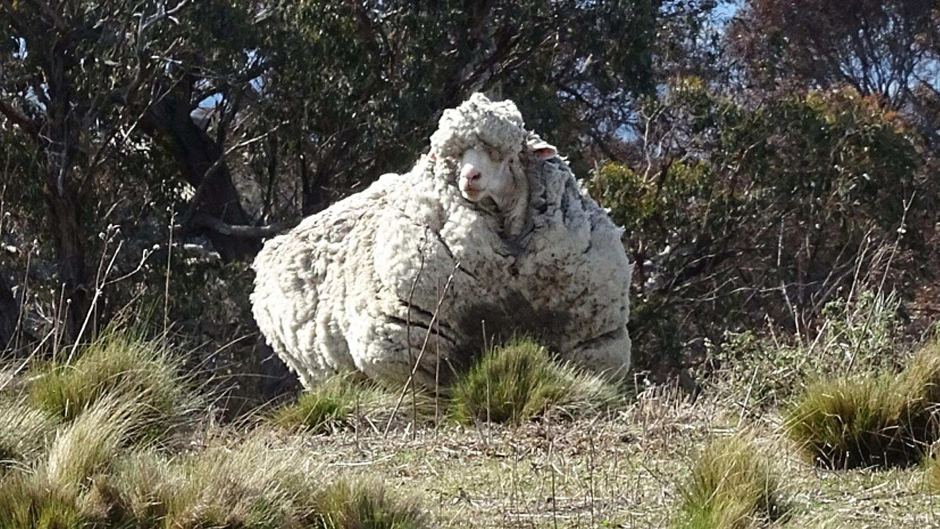
Merino (Delaine) photos
Merino (Delaine) photos
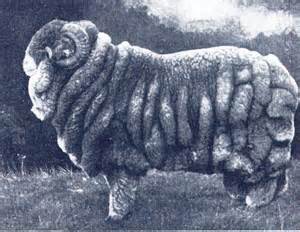
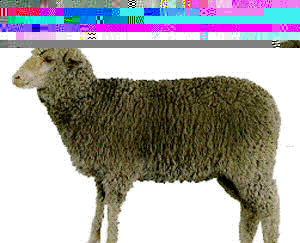
Debouillet
developed by A.D. Jones, Tatum, NM. Cross of a Rambouillet and Merino, good growth rate and staple length
Fine wool breeds
White in color, very fine silky hair on face, ears, and legs, wool is very fine. Advantages- wool quality and quantity, hardiness, adaptability to range conditions, longevity, flocking instinct, out of season breeding. Disadvantages- wool blindness, body wrinkles, poorly muscled carcasses, slow growth rate, mature slowly, low lambing percentage
Long wool breeds
White in color, very long, coarse wool, both rams and ewes are polled. Advantages- very large size has
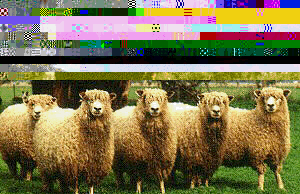
Lincoln
Most valuable long wool sheep, these sheep wear blankets a lot of the time and are not predominant in the usa
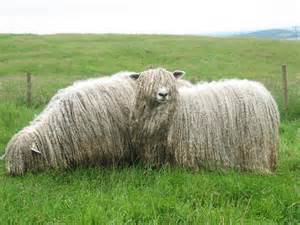
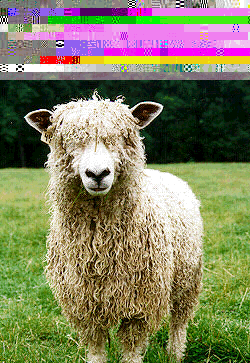
Cotswold
Least valuable long wool breed

Leicester
Long wool sheep breed, have bald heads and legs
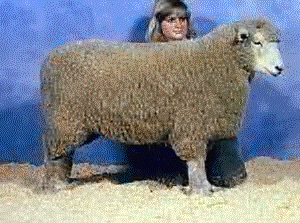
Romney
long wool breed with wool on face and legs
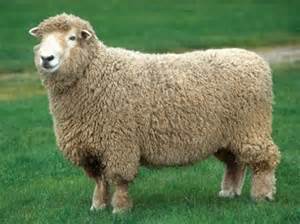
Medium wool breeds
White in color, both rams and ewes are polled, advantages large size, heavy fleeces, good performers under range conditions. Disadvantages- wool is coarser than fine wool breeds, carcasses are acceptable but not great
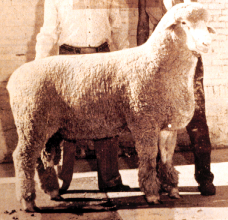
Columbia
Originated in Wyoming by crossing Lincoln rams with Rambouillet ewes
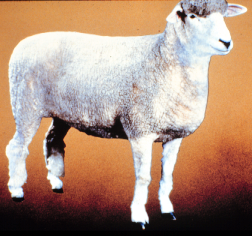
Corriedale
originated in New Zealand by crossing Lincoln rams with Merino ewes
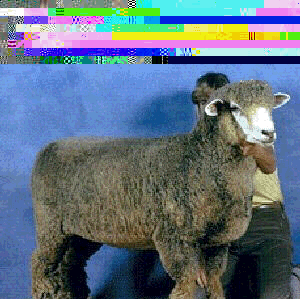
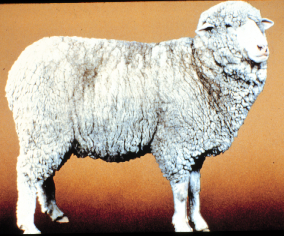
Targhee
originated in Idaho by crossing Rambouillet rams with Columbia ewes
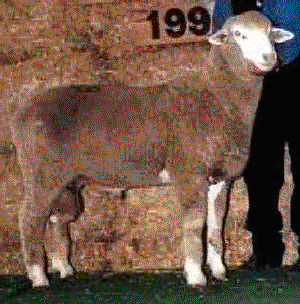
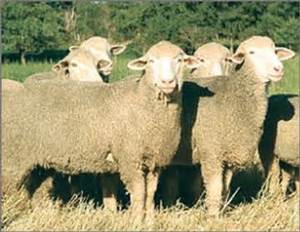
Targhee photos
Targhee photos
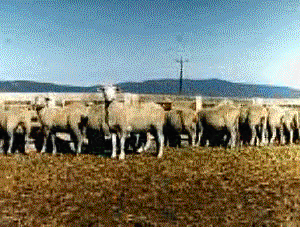
Meat types or medium wool breeds
Both ewes and rams are polled except for the Dorset in which the ewes and rams can be horned or polled. Advantages- fast growing, excellent carcasses, prolificacy. Disadvantages- coarse light weight fleece, lack flocking instinct, not good under range conditions, black fibers are a problem
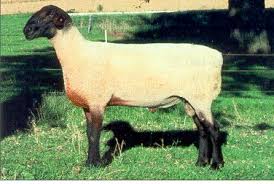
Suffolk
Largest of meat type breeds, black head, ear and legs with no wool on head or legs
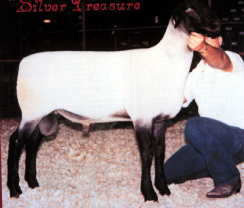
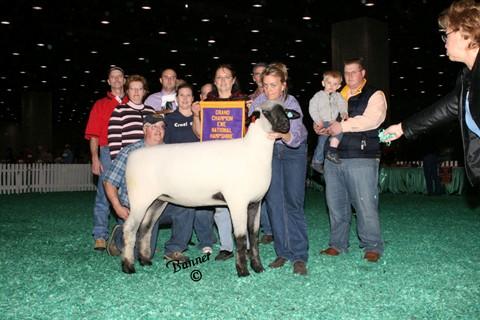
Hampsire
Black head, ears and legs with wool on head and legs
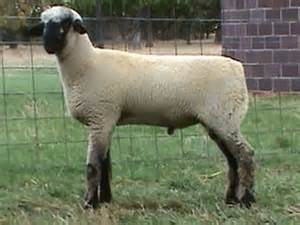
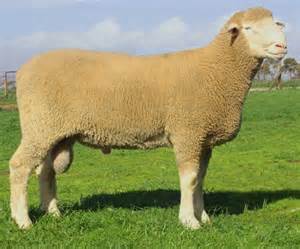
Dorset
white head, ears and legs with wool on head and legs. breed out of season. horn and polled for both male and females
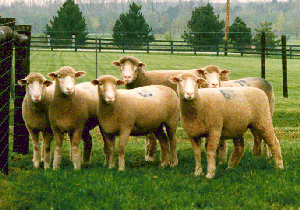
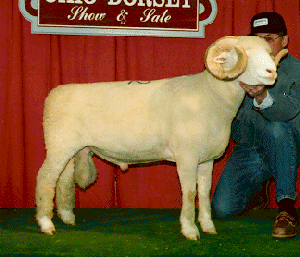
Dorset photos
Dorset photos
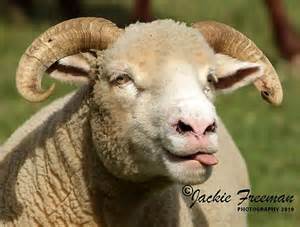
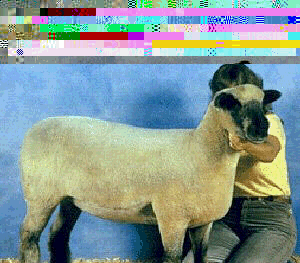
Oxford
medium brown to dark gray nose, ears and feet with wool on head and legs